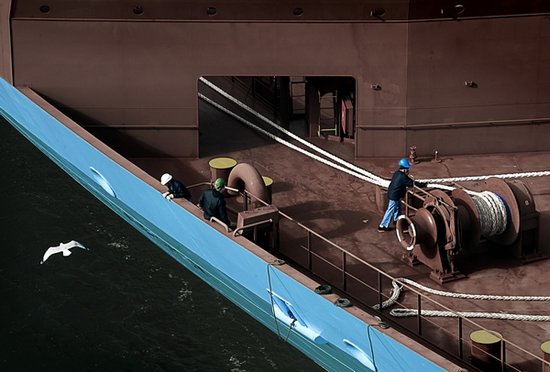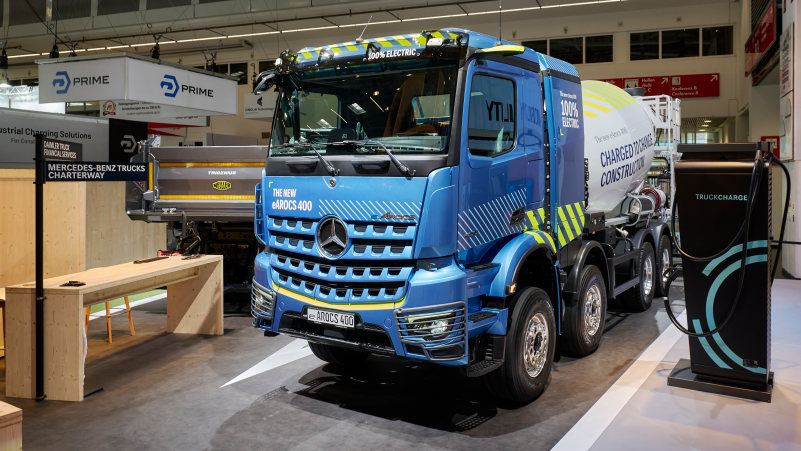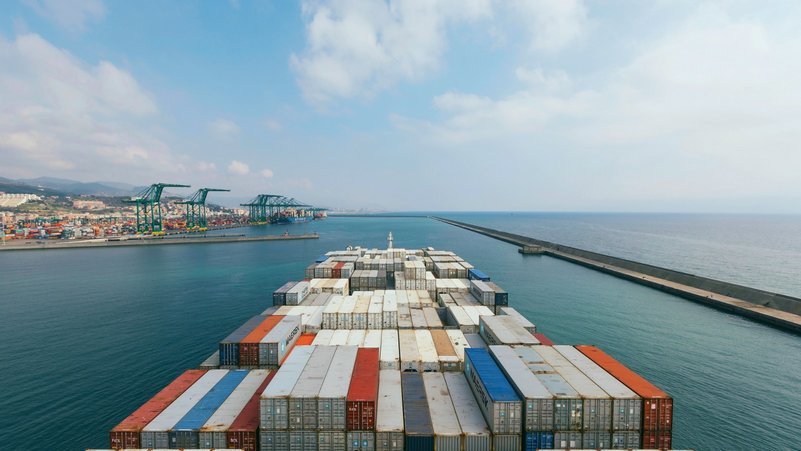Amid ongoing trade tensions between the two sides of the Atlantic, the European Union has decided to hit the pause button: for the next ninety days, tariffs on American products—introduced in retaliation to US duties on steel and aluminium—will not be enforced. This temporary, strategic truce hints at the possibility of renewed dialogue, while acknowledging that the underlying disagreements remain significant.
Brussels announced the suspension on 10 April 2025, following US President Donald Trump's decision to halt the planned increase of tariffs on Europe, although the existing 10 percent tariffs still apply to all countries. The move was welcomed by European Commission President Ursula von der Leyen, who described it as “an important step towards stabilising the global economy”. The Commission stressed the importance of “clear and predictable conditions” to ensure the smooth functioning of international trade and supply chains.
Commission spokesperson Olof Gill clarified that the suspension of EU measures should not be seen as the abandonment of the countermeasures package. “Member states have given us a mandate to proceed, but that does not mean the measures will be triggered automatically,” he said. Until Trump’s announcement, Brussels had been preparing to implement the tariffs in three stages, starting from 15 April. The legal document authorising the tariffs was already prepared for publication.
By opting to freeze the entire list of counter-tariffs for three months, Brussels opens a window for negotiations, while remaining alert. “Preparatory work on the countermeasures is continuing, but as long as we are on pause, we will not announce or present anything,” von der Leyen stated. The Union thus intends to offer a genuine opportunity for diplomatic dialogue, without giving up the leverage provided by tariffs. “If the negotiations are not satisfactory, our countermeasures will be activated. All options remain on the table.”
The transport sector—particularly logistics and distribution—is closely watching this truce. Tariffs on transatlantic trade have a direct impact on import and export costs, the organisation of trade routes, and the competitiveness of European companies engaged in exchanges with the United States. The suspension provides temporary relief for operators, but the uncertainty surrounding the outcome of the negotiations calls for caution.
Meanwhile, Brussels has reiterated that its strategy towards China remains unchanged. “Our objective is to improve our relationship with China,” explained the Commission spokesperson. “But fundamental issues such as a level playing field and market access for European companies in China must be addressed.” Everything is deferred to the upcoming summer summit, yet here too a delicate balance between openness and firmness can be sensed.





































































